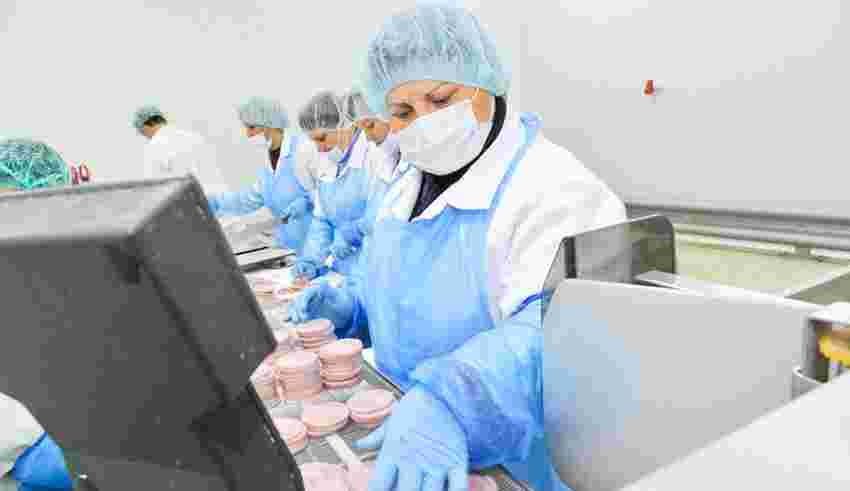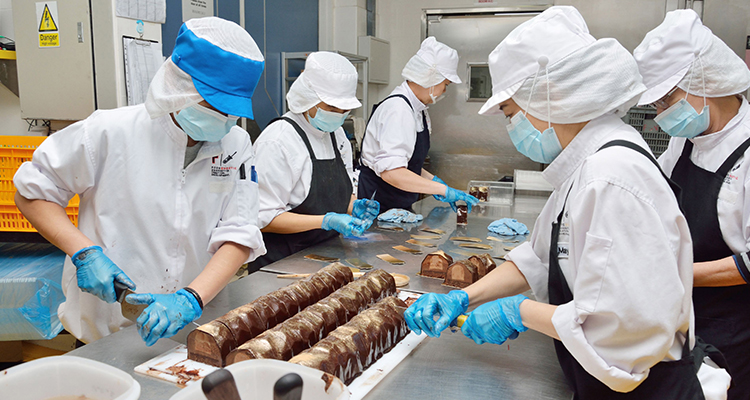
In the food service industry, temperature monitoring is critical to ensuring the safety of both customers and staff. There are some ways to monitor temperature, but one of the most important is to use a digital thermometer. A digital thermometer can help you keep track of the temperature in your restaurant at all times. This is especially important in the summer when the risk of foodborne illness is highest.
HACCP is a system that helps identify potential food safety hazards and develop controls to mitigate those hazards. Businesses in the food service industry need to have a HACCP plan in place to protect their customers from foodborne illnesses. Reading this article, you can learn more about HACCP and how to create a HACCP plan for your business.
When it comes to HACCP temperature monitoring, there are a few key things to keep in mind.
- First, ensure you’re using a suitable thermometer for the job. Different types of thermometers are available, each with its strengths and weaknesses. Choosing one that is appropriate for the task at hand is essential.
- Second, take accurate temperature readings. This means taking multiple readings at different points in the cooking process and averaging them together.
- Third, document everything. Keep accurate records of all temperature readings and when and where they were taken. This will help you spot trends and identify potential problems.
Following these simple guidelines will help ensure that your food is safe and of the highest quality. HACCP is essential to any food service operation and should not be taken lightly. The food service industry is responsible to its customers for serving safe, high-quality food. HACCP is a crucial part of meeting that responsibility.
Many potential hazards can occur during food handling and preparation, including cross-contamination, improper cooking, and poor personal hygiene. A HACCP plan helps businesses identify these hazards and put controls in place to prevent them.
- Cross-contamination
It is a significant concern in the food service industry, as it can easily lead to foodborne illness. A HACCP plan helps businesses identify potential sources of cross-contamination and put controls in place to prevent it. For example, a HACCP plan might require employees to wear gloves, use separate cutting boards for raw and cooked meat, or wash their hands after handling raw food.
- Improper cooking
It is another potential hazard that can lead to foodborne illness. A HACCP plan helps businesses identify improper cooking practices and put controls in place to prevent them from occurring. For example, a HACCP plan might require employees to cook food to a specific temperature, to use a food thermometer to check the internal temperature of meat or avoid cross-contamination by cooking raw meat and vegetables separately.
- Poor personal hygiene
It is yet another potential hazard that can lead to foodborne illness. A HACCP plan helps businesses identify poor personal hygiene practices and put controls in place to prevent them. For example, a HACCP plan might require employees to wash their hands thoroughly and often wear hairnets or other hair coverings or avoid wearing jewelry that could fall into food.
HACCP helps food service businesses identify potential food safety hazards and put controls in place to prevent them from occurring. Companies need to have a HACCP plan to protect their customers from foodborne illnesses.
















